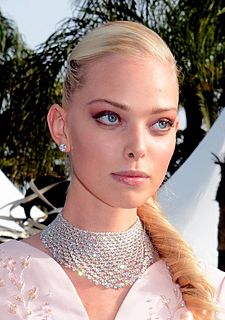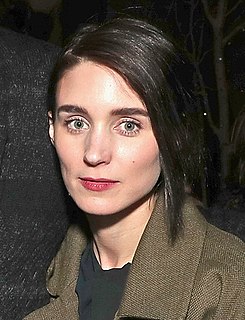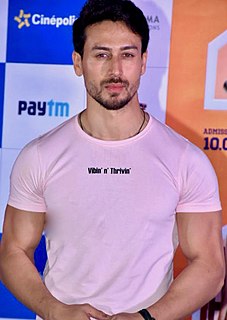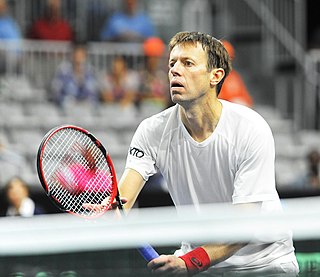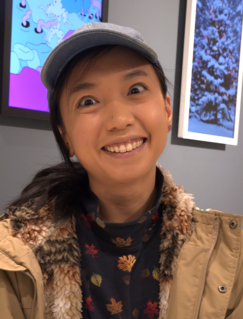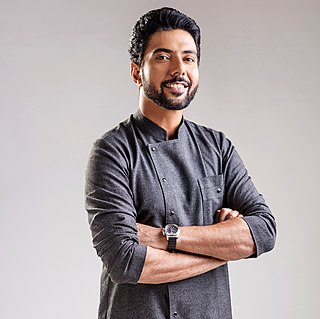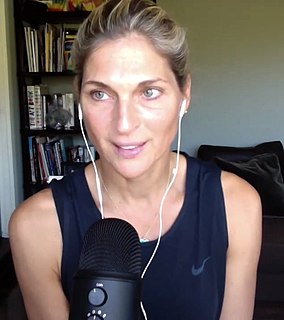A Quote by Jane Goodall
I was born in London in England in 1934. I went through, as a child, the horrors of World War II, through a time when food was rationed and we learned to be very careful, and we never had more to eat than what we needed to eat. There was no waste. Everything was used.
Related Quotes
We try not to waste food in general. Because as a meat eater it's just responsible to eat as much of the animal as you can. It's also instilled in my family culture, where it's not even an ethical thing, it's just that all those parts are delicious, too. You eat the ears, you eat the intestines, you eat the livers, the hearts.
Most of the food crops raised in the world today are fed to livestock destined for slaughter for us to eat, and most of the water used is used to raise the food crops that are fed to those animals. It has been estimated that, because of the extraordinary amount of grain it takes to raise food animals, if we reduced the amount of meat we eat by only ten percent, that would free up enough grain to feed all the starving humans in the world. So when we choose to eat meat instead of vegetables, we are choosing to take food away from others who are hungry.
What if I had been born during a war and I lived in an occupied city, and people were being taken out and shot every day? Everything would be different - even after the war ended, my future would be very different. Look at what these poor people in Aleppo are going through. The children, the ones who survive, are going to be absolutely altered by what they live through, and you and I, luckily, have never had to deal with that.

